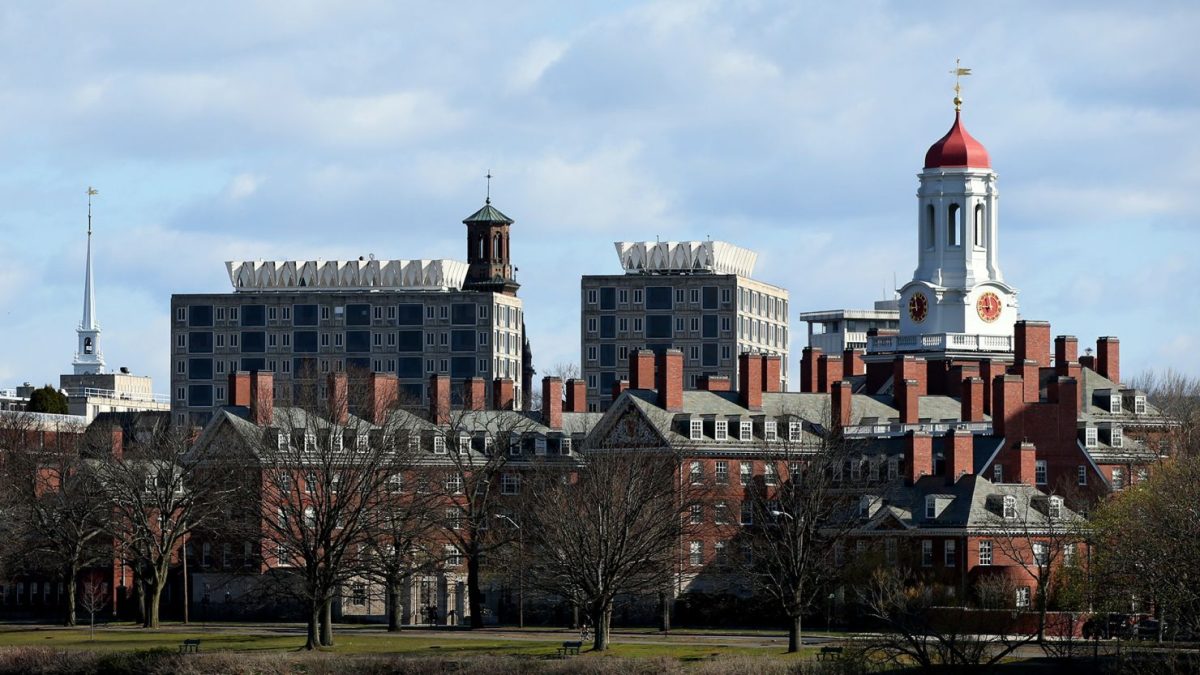U.S.
Trump’s Inauguration
President Donald Trump was sworn in as the 47th president of the U.S. on January 20th. On his first day in office, Mr. Trump signed a series of executive orders addressing a variety of issues. Here is a list of some of the major ones:
- Moving to end “birthright citizenship”, as established in the 14th Amendment. (Temporarily blocked by a judge on January 23rd)
- Restricting the entry of migrants from the southern border into the U.S.
- “Recognize two sexes, male and female.”
- Withdrawing from the Paris Agreement, an international accord between almost all the world’s nations to combat climate change
- Pausing the ban on TikTok for 75 days while the Trump Administration determines “the appropriate course forward in an orderly way that protects national security while avoiding an abrupt shutdown of a communications platform used by millions of Americans”
- Withdrawing from the World Health Organization
- In addition, Mr. Trump issued a series of pardons and commuted the sentences of those involved in the riot at the Capitol on January 6, 2021
Legal challenges have already been filed against some of these executive orders, with more expected to follow.
Biden’s Preemptive Pardons
With less than an hour left in his presidency, President Biden issued pardons to protect his family and several public servants. In a statement referring to the pardoning of his family, Mr. Biden explained his decision by mentioning how it “has been subjected to unrelenting attacks and threats, motivated solely by a desire to hurt me” while emphasizing that the pardons “should not be mistaken as an acknowledgment that they engaged in any wrongdoing”. Mr. Biden also pardoned Dr. Anthony Fauci, General Mark Milley, and the members of the Congressional Committee who investigated the attack at the Capitol on January 6, 2021. Mr. Biden again maintained that none of them had committed crimes, but had “been threatened with criminal prosecutions” and investigations that could “wreak havoc on the lives, safety, and financial security” of those involved.
L.A. Fires
This is an ongoing story. Information here is accurate as of January 28, 2025.
In early January, several fires started burning in the city of Los Angeles, California. According to Cal Fire, there are now at least four ongoing fires, the largest of which (known as the Palisades Fire) has burned 23,448 acres. So far, 28 people have died and 16,225 structures have been destroyed. Many of the fires are close to being contained, although there is still a high risk of more fires occurring in the area. The fires were likely caused by a combination of torrid air and winds known as the Santa Ana winds, which are unusually arid and strong.
TikTok Ban
The Supreme Court upheld a law that would effectively ban the popular social media app TikTok if it remained under the control of ByteDance, a Chinese company. The Court’s ruling acknowledged that “for more than 170 million Americans, TikTok offers a distinctive and expansive outlet for expression, engagement, and a source of community”, but affirmed that it was necessary “to address its well-supported national security concerns”. The app started to go dark on January 18th, and was removed from major app stores for a brief period of time before President Donald Trump announced on Truth Social that he would stall the ban with an executive order. The order, which Mr. Trump signed the next day, pauses the ban for a period of 75 days while his administration considers “the appropriate course forward”.
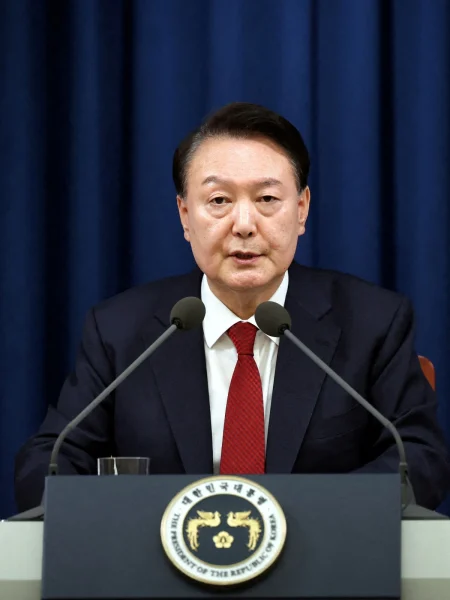
Asia
South Korea’s Political Crisis
President Yoon Suk Yeol was arrested on insurrection charges after his short-lived declaration of martial law (click here for background information from the December edition). He was formally indicted on January 26th, indicating that his trial will likely begin soon. In addition, lawmakers impeached Mr. Yoon on December 14, and his fate has yet to be decided by the Constitutional Court.Han Duck-Soo, the Acting President, was also impeached shortly afterwards when he refused to fill vacancies in the Court, which would have made it easier for the Court to convict him.
The Americas
Canada’s Prime Minister Resigns
Justin Trudeau, Canada’s Prime Minister, announced that he would resign on January 6th. In his speech, Mr. Trudeau mentioned how he had “been inspired by the resilience, the generosity, and the determination of Canadians” but that “despite best efforts to work through it, Parliament has been paralyzed for months” which is why he decided to step down. He added that Parliament would be suspended, or prorogued, while the Liberal Party could choose a candidate to be his successor. This decision came amidst growing pressure from within his own party and declining popularity for Mr. Trudeau. In December, finance minister and deputy prime minister Chrystia Freeland resigned, offering criticisms of Mr. Trudeau’s leadership.
The Middle East
A Cease-Fire in Gaza
In a statement, Former President Joe Biden announced that Israel and Hamas had reached an agreement on a cease-fire in the Gaza Strip, with help from the U.S., Qatar, and Egypt. The New York Times, which obtained a copy of the agreement, says the deal has three phases. In the first phase, hostilities would cease for six weeks while both sides released hostages and aid was delivered to Gaza. Hamas would release 33 prisoners and Israel would release hundreds of Palestinian prisoners. After 16 days, negotiations would begin for the second phase, which would entail the release of all the remaining prisoners in Gaza, the withdrawal of Israeli forces from Gaza, and a permanent cease-fire arrangement.
Africa
U.S. Calls Out Genocide in Sudan
Former Secretary of State Antony Blinken declared that the Rapid Support Forces (RSF), a paramilitary organization currently at war with the Sudanese Armed Forces (SAF), has committed genocide in their nearly two-year long conflict. Mr. Blinken accused the RSF of having “systematically murdered men and boys–even infants–on an ethnic basis” and “prevented remaining citizens from accessing lifesaving supplies”. The civil war, which began on April 15, 2023 amidst tensions between the RSF and SAF over a series of reforms, has claimed the lives of over 14,000 people, displaced over 10 million more, and caused a “spiral of deteriorating food security” for over 25 million. Mr. Blinken also announced sanctions targeting the RSF leader Mohammed Hamdan Daglo Mousa and seven RSF-owned companies.
Other News
- The FDA banned the use of Red Dye No. 3 in food and drugs. The FDA cited two studies in which the dye was shown to cause cancer in rats, although it emphasized that the process did not occur in humans and claims that the dye “puts people at risk are not supported by the available scientific information.”
- The House of Representatives voted to pass the Laken Riley Act, a bill that would require the Department of Homeland Security to detain undocumented immigrants charged with burglary, theft, larceny, or shoplifting. The bill will now go to the president’s desk, having already been approved by the Senate.
- A fire broke out in the Grand Kartal Hotel in Kartalkaya, Turkey on January 21. At least 66 people were killed, according to Justice Minister Yilmaz Tunc. He added that an investigation was underway and that four people, including the hotel owner, had been detained.




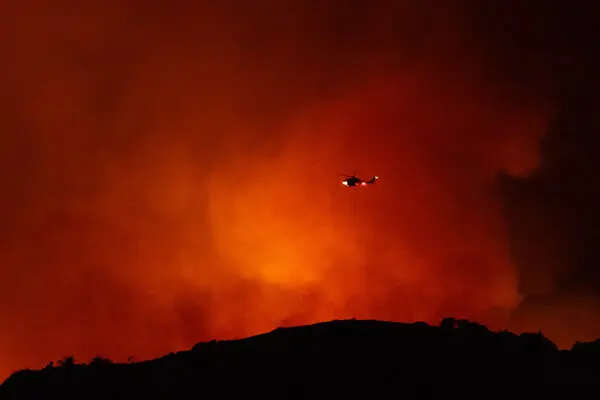



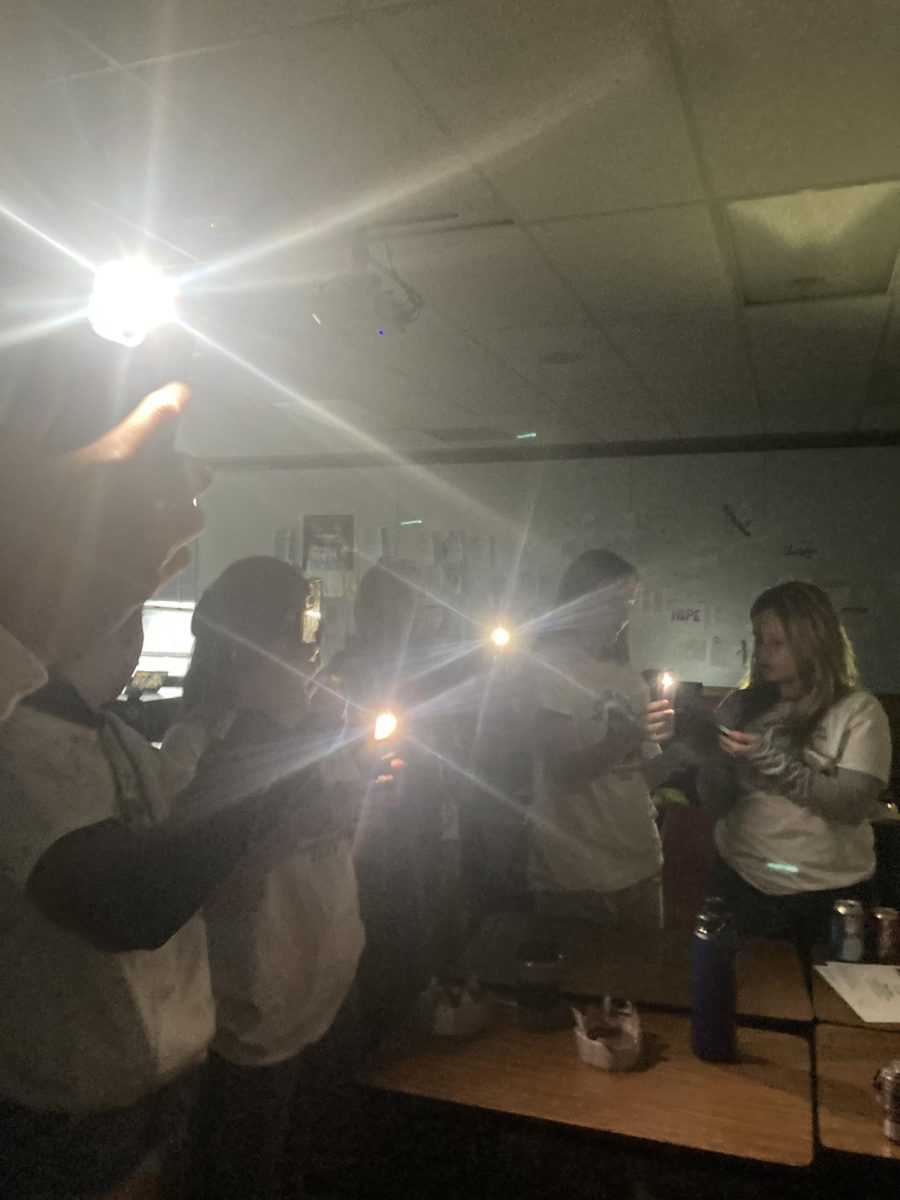
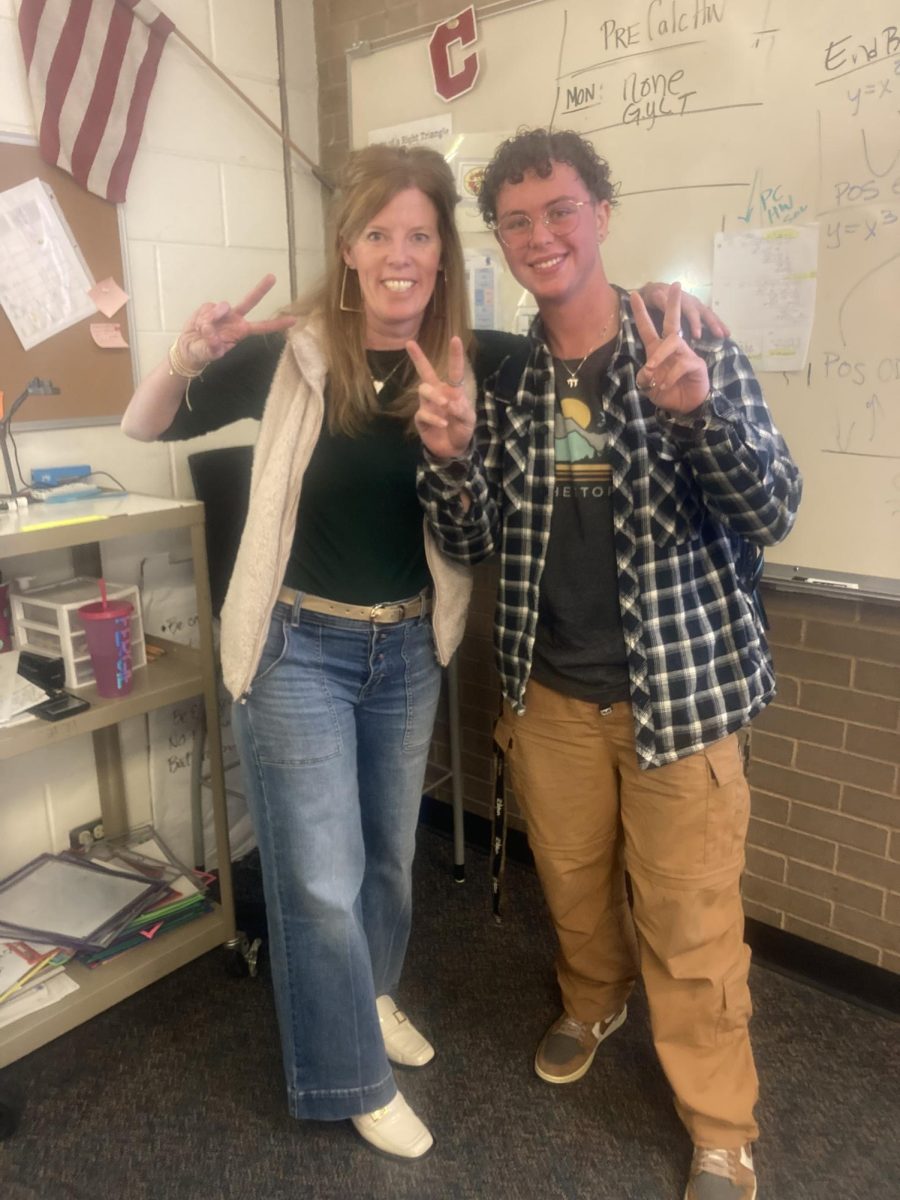
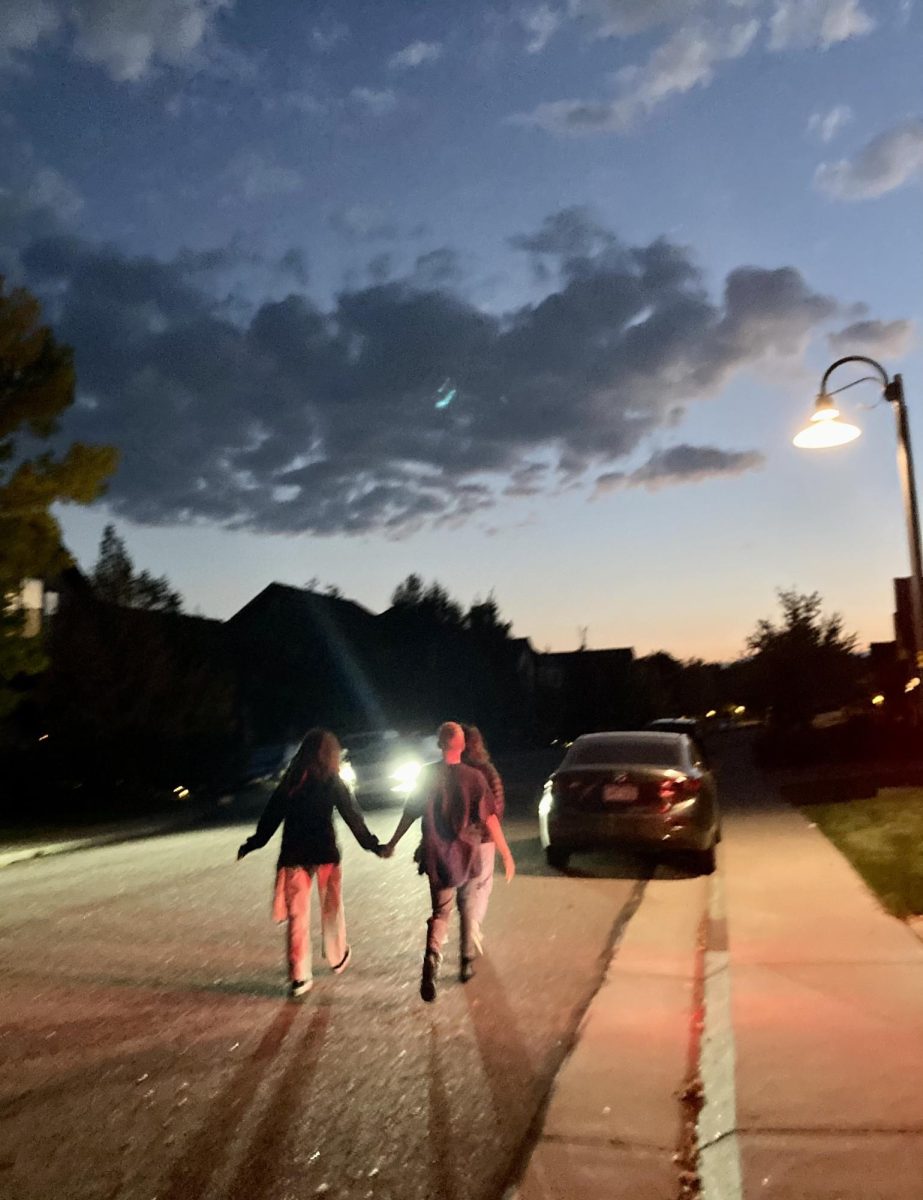
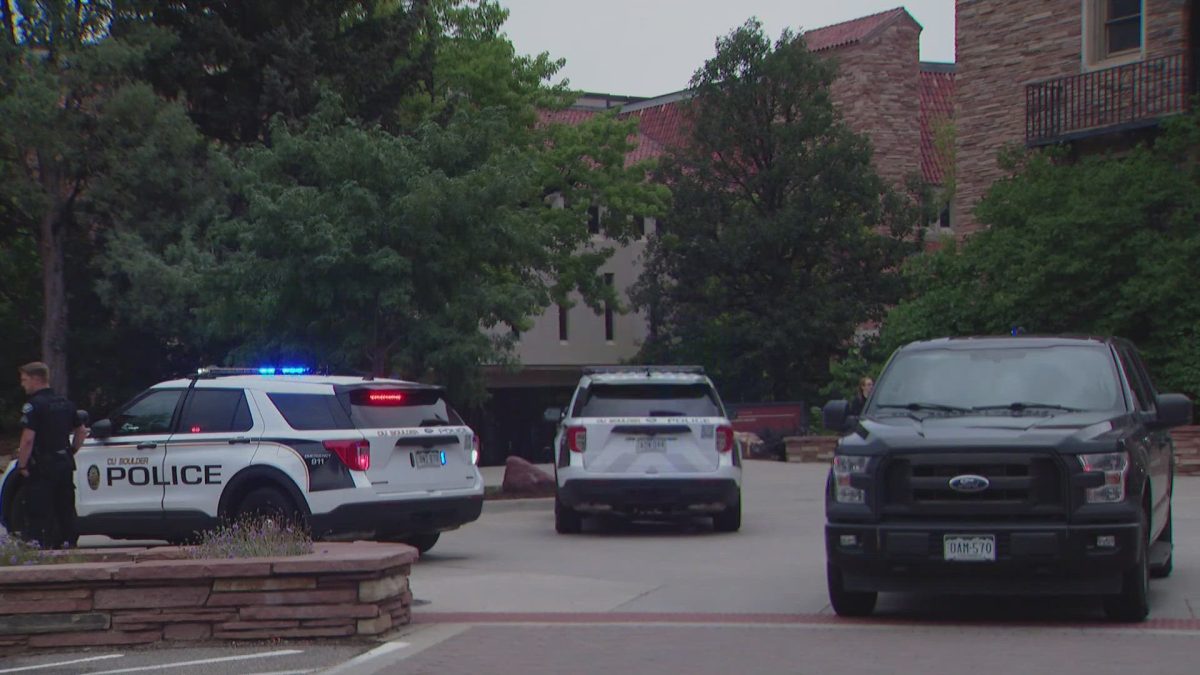

![Zordan, E. (2025). Gillian Murphy. [Photograph] The New York Times.](https://chswarriorscroll.com/wp-content/uploads/2025/10/unnamed-1200x1200.png)

